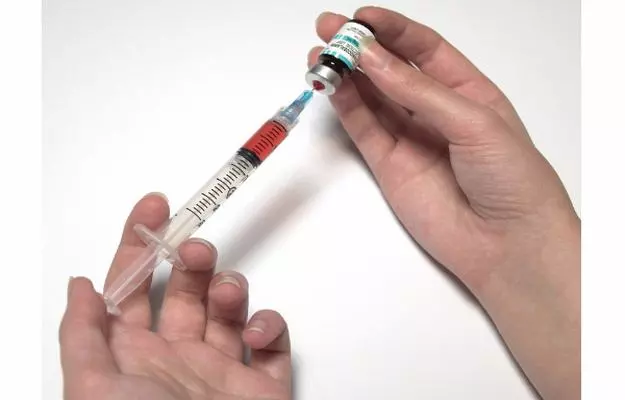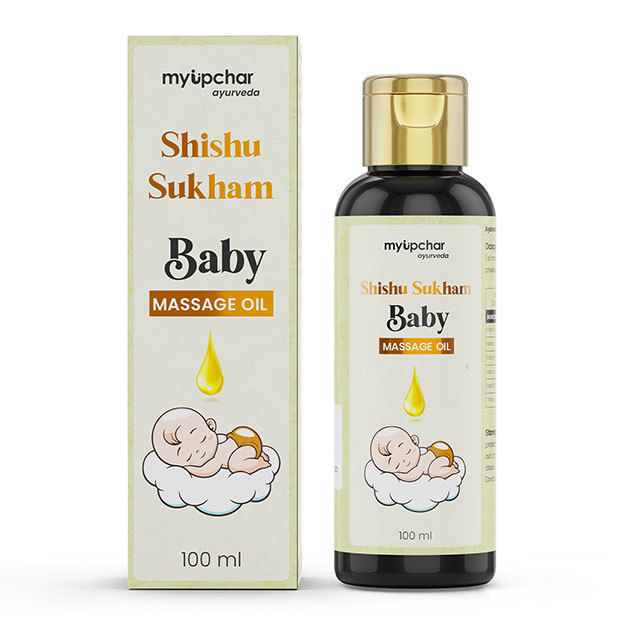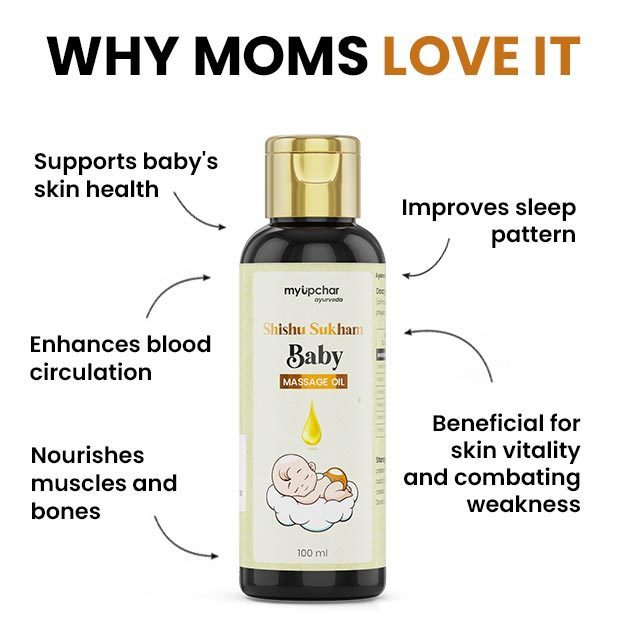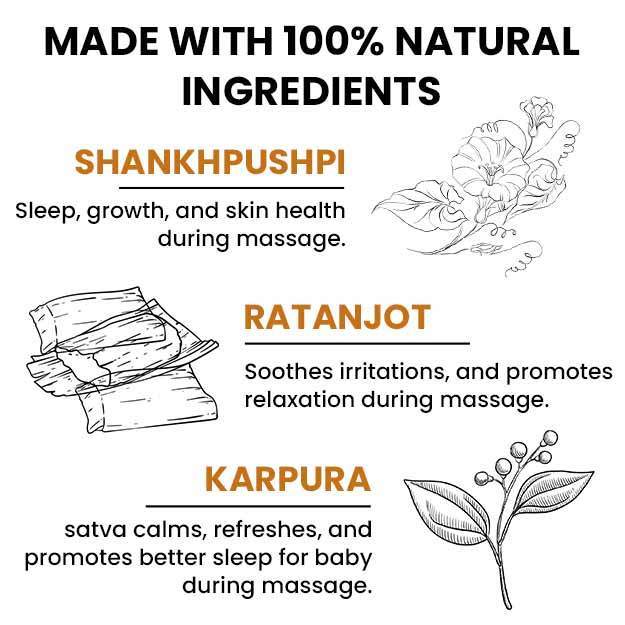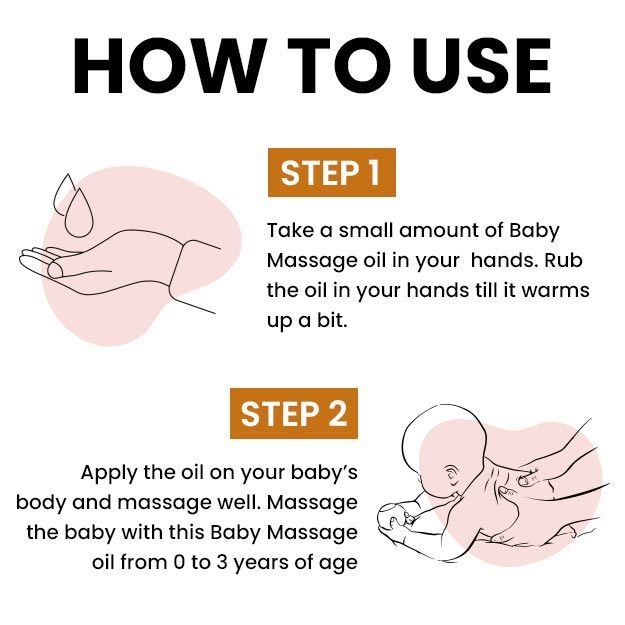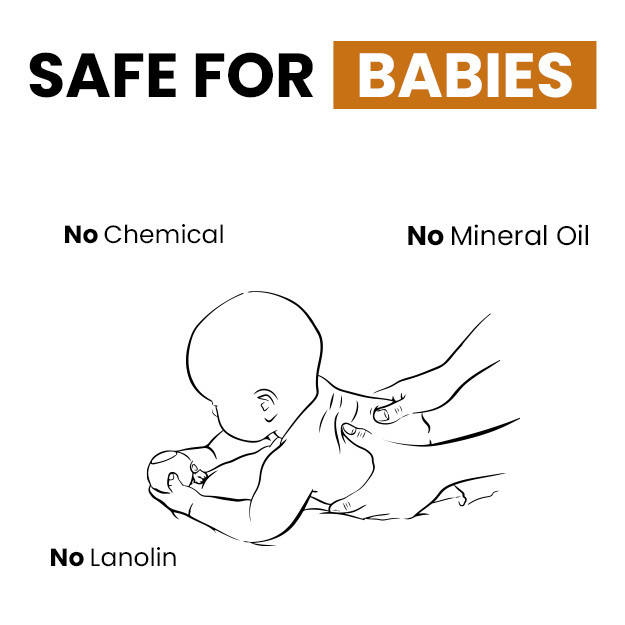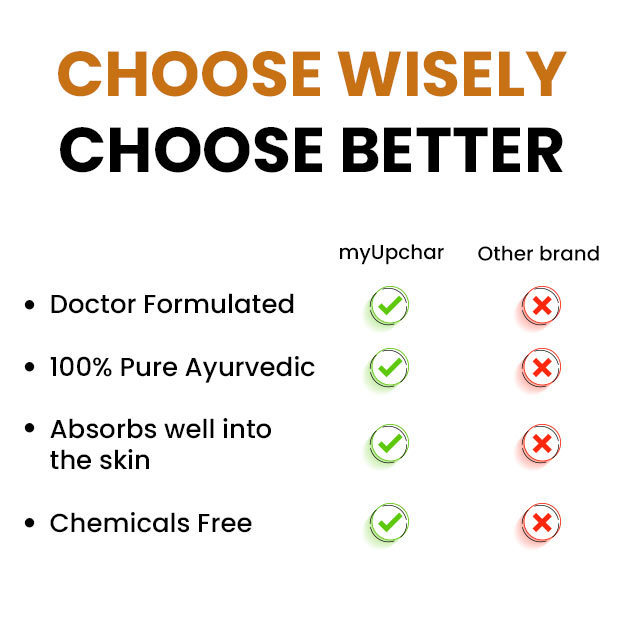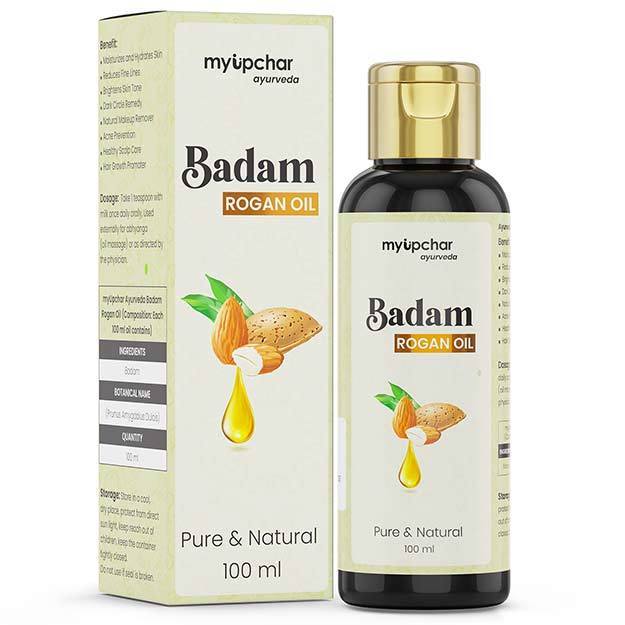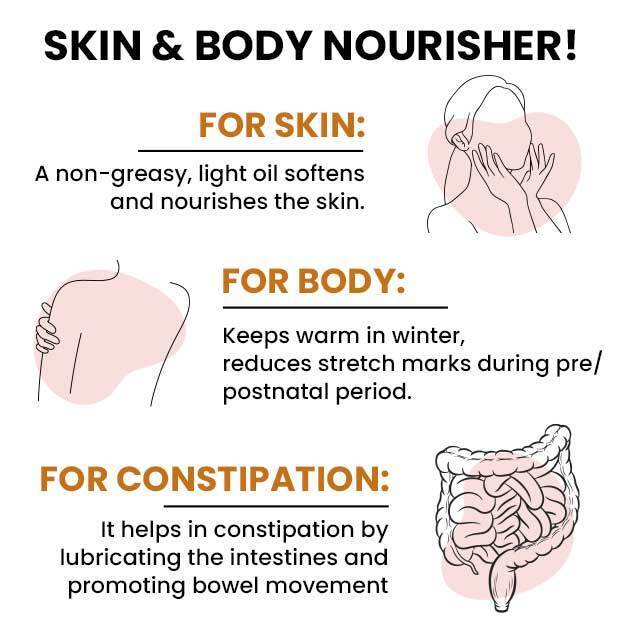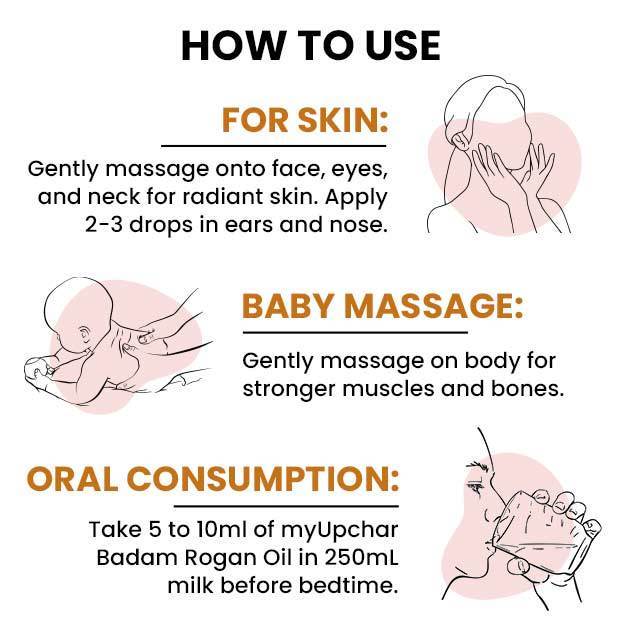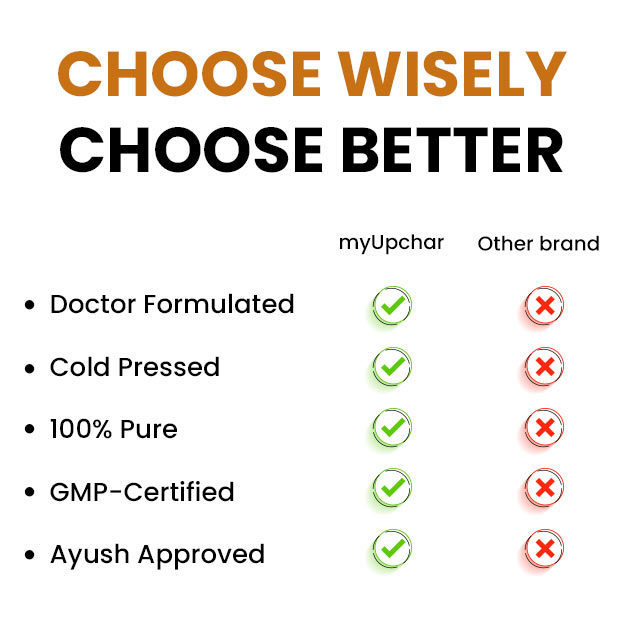After birth, the child is likely to get many serious diseases. To protect the child from these diseases, many vaccines are given to him from time to time. MMR is also important among the vaccines given to children. This vaccine protects your child from measles, mumps, rubella (German measles). This vaccine is given to the child in two doses. MMR vaccine should be given before the child reaches school age. If a person has not been given MMR vaccine in childhood, then he can get it later also.
(Read more - Vaccination: types, benefits)
Considering the usefulness of this vaccine, you have been told in detail about the MMR vaccine in this article. Along with this, you are also being told in detail about what is MMR vaccination, dosage of MMR vaccine, who should not be given MMR vaccine, side effects of MMR vaccine and risk factors caused by MMR vaccine etc.
(Read more - Calcium Deficiency in Children)

